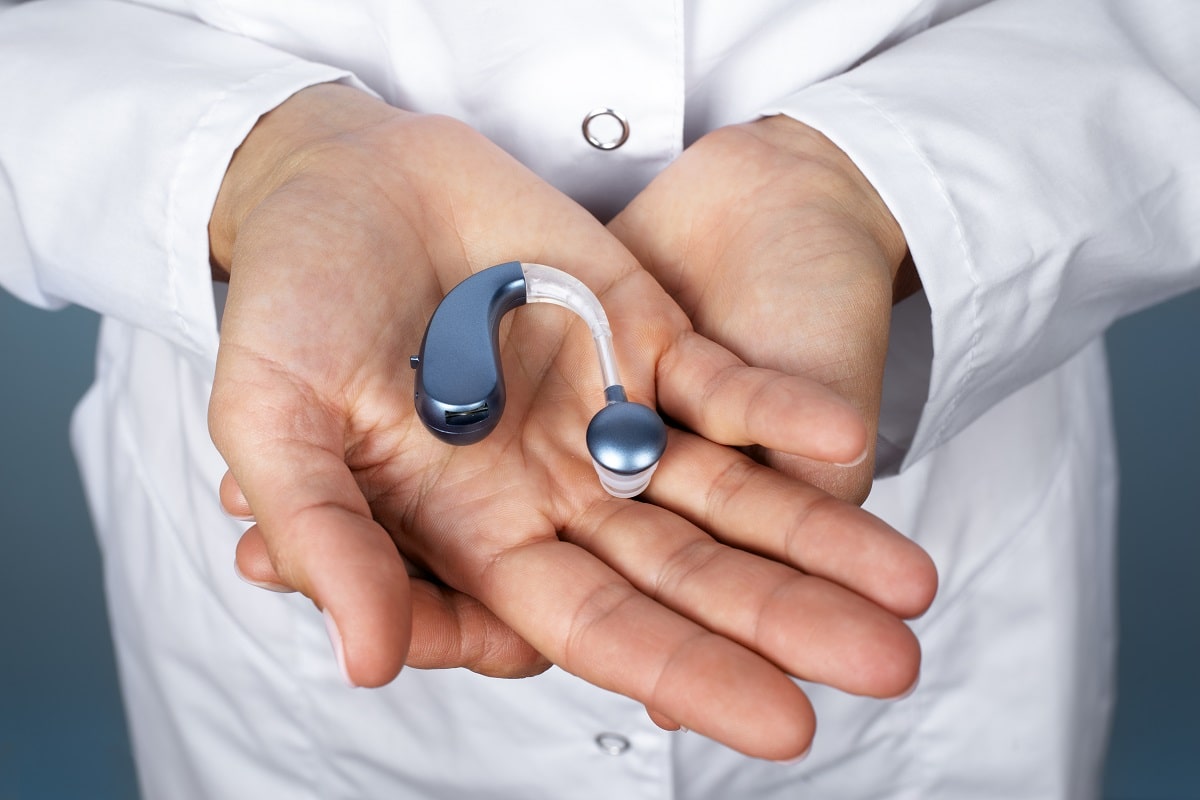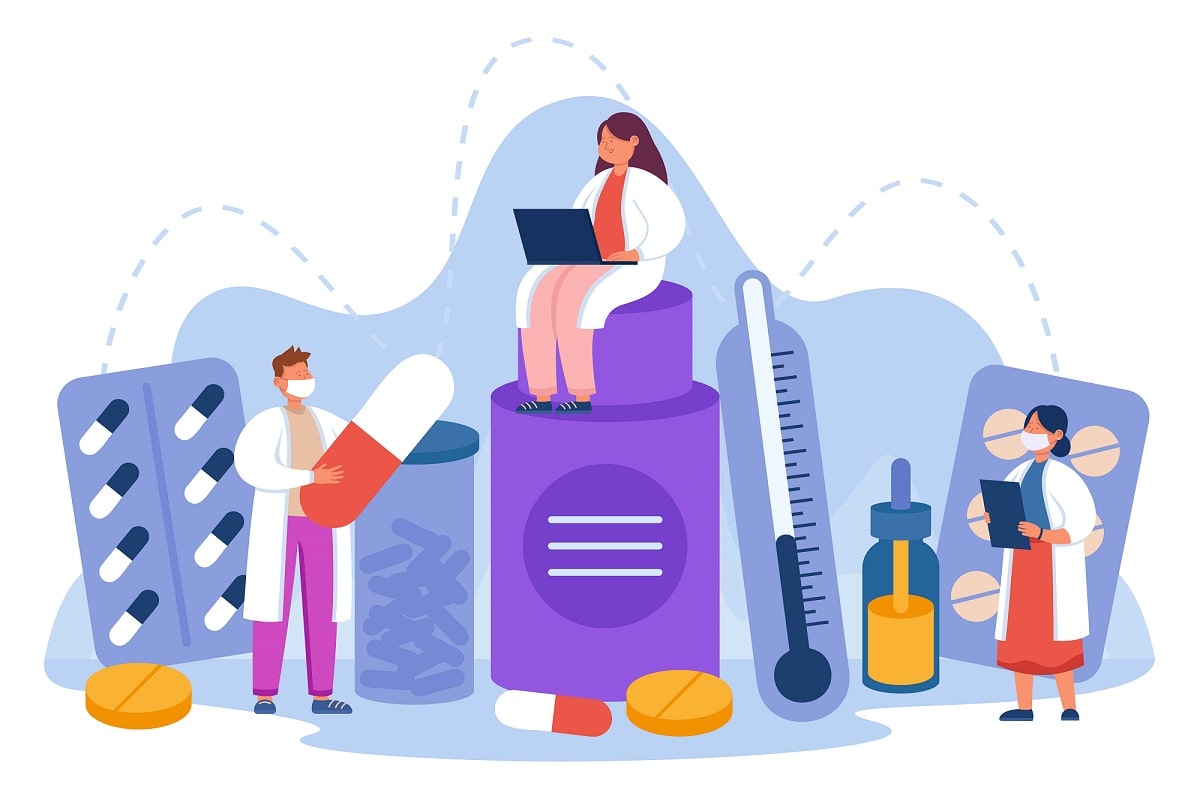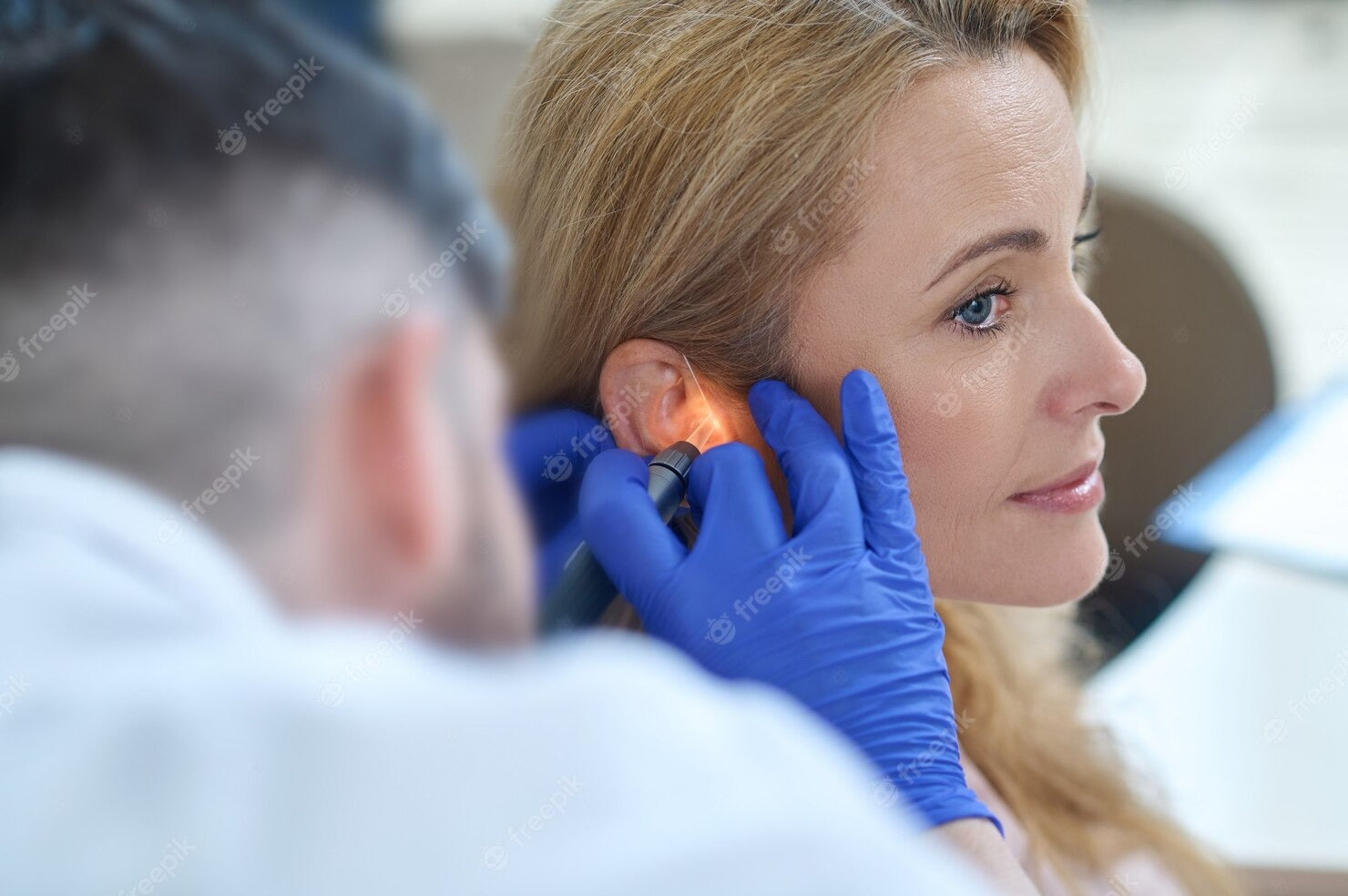Introduction
The world of hearing loss and its treatments, most notably hearing aids, frequently raises a plethora of problems concerning financial considerations and insurance coverage. In this thorough guide, we take a close look at two major areas: insurance plans dedicated to hearing healthcare and the role of mobile health clinics or initiatives in the provision of hearing aids. Together, they are referred to as "hearing healthcare insurance policies."
The Importance of Specialized Hearing Healthcare Insurance Healthcare insurance is an essential component of controlling expenses associated with medical treatment, and purchasing hearing aids is not an exception to this rule. It is crucial to be aware that hearing aids are not covered by all health insurance plans. As a result, many people look for insurance policies that are expressly designed to cover hearing healthcare costs.
There are several types of hearing healthcare insurance policies available, some of which cover all or a portion of the expense of hearing aids. These specialist insurance, which may be purchased from providers such as EPIC Hearing Healthcare or Amplifon, often cover a certain sum for the cost of hearing aids once every few years. They may also give additional perks such as no-cost hearing consultations, reduced prices on hearing aid batteries, and longer warranties on their products.
It is vital to do a comprehensive assessment of the particulars of each plan, despite the fact that these policies could be a useful resource. The amount of coverage for hearing aids that is offered, the cost of the premium, any potential co-pays or deductibles, and the network of hearing healthcare providers that are authorized for approval are all important considerations. If you have a grasp of these specifics, you will be able to make an educated conclusion regarding whether or not a certain hearing healthcare insurance coverage is suitable for your needs.
The Importance of Mobile Medical Centers and Related Initiatives
Mobile health clinics or initiatives are examples of innovative approaches to healthcare that attempt to expand access to medical services, particularly for groups that are not adequately serviced by existing facilities. These programs, which are typically administered by charity groups or health departments, travel to various regions to deliver free or low-cost health services, including hearing exams and, in some cases, hearing aids. Hearing aids are occasionally provided by these programs as well.
For instance, the "Hear Now" program of the Starkey Hearing Foundation in the United States gives hearing devices to those with low incomes, including those who are serviced by the mobile clinics operated by the foundation. In a manner analogous to this, the Lions Club International Foundation runs mobile health clinics that, as part of their larger purpose, give hearing treatments to the people who visit them.
However, given that these programs are frequently sponsored by grants or donations, the availability of hearing aids may be contingent on the resources made available by the particular organization. However, mobile health clinics are a very helpful service, particularly for people who may not have access to standard forms of hearing therapy.
Conclusion
It is possible to have the impression that navigating the world of hearing aid coverage is a difficult trip. The road to improved hearing may be illuminated, however, if one takes the time to investigate and get an awareness of the vast number of accessible possibilities. These options range from specialist hearing healthcare insurance coverage to forward-thinking solutions such as mobile health clinics.
Multiple roads can converge to the same place: a world in which people can hear better. This might be accomplished through the purchase of an insurance policy that covers hearing healthcare or by the operation of a mobile clinic that brings services to individuals who are in need. In hearing healthcare, the significance of inclusion and accessibility is highlighted by the several coverage channels that are available. After all, the capacity to engage with the environment around us through sound shouldn't be regarded as a privilege but rather as a right that should be open to everyone.
The world of hearing loss and its treatments, most notably hearing aids, frequently raises a plethora of problems concerning financial considerations and insurance coverage. In this thorough guide, we take a close look at two major areas: insurance plans dedicated to hearing healthcare and the role of mobile health clinics or initiatives in the provision of hearing aids. Together, they are referred to as "hearing healthcare insurance policies."
The Importance of Specialized Hearing Healthcare Insurance Healthcare insurance is an essential component of controlling expenses associated with medical treatment, and purchasing hearing aids is not an exception to this rule. It is crucial to be aware that hearing aids are not covered by all health insurance plans. As a result, many people look for insurance policies that are expressly designed to cover hearing healthcare costs.
There are several types of hearing healthcare insurance policies available, some of which cover all or a portion of the expense of hearing aids. These specialist insurance, which may be purchased from providers such as EPIC Hearing Healthcare or Amplifon, often cover a certain sum for the cost of hearing aids once every few years. They may also give additional perks such as no-cost hearing consultations, reduced prices on hearing aid batteries, and longer warranties on their products.
It is vital to do a comprehensive assessment of the particulars of each plan, despite the fact that these policies could be a useful resource. The amount of coverage for hearing aids that is offered, the cost of the premium, any potential co-pays or deductibles, and the network of hearing healthcare providers that are authorized for approval are all important considerations. If you have a grasp of these specifics, you will be able to make an educated conclusion regarding whether or not a certain hearing healthcare insurance coverage is suitable for your needs.
The Importance of Mobile Medical Centers and Related Initiatives
Mobile health clinics or initiatives are examples of innovative approaches to healthcare that attempt to expand access to medical services, particularly for groups that are not adequately serviced by existing facilities. These programs, which are typically administered by charity groups or health departments, travel to various regions to deliver free or low-cost health services, including hearing exams and, in some cases, hearing aids. Hearing aids are occasionally provided by these programs as well.
For instance, the "Hear Now" program of the Starkey Hearing Foundation in the United States gives hearing devices to those with low incomes, including those who are serviced by the mobile clinics operated by the foundation. In a manner analogous to this, the Lions Club International Foundation runs mobile health clinics that, as part of their larger purpose, give hearing treatments to the people who visit them.
However, given that these programs are frequently sponsored by grants or donations, the availability of hearing aids may be contingent on the resources made available by the particular organization. However, mobile health clinics are a very helpful service, particularly for people who may not have access to standard forms of hearing therapy.
Conclusion
It is possible to have the impression that navigating the world of hearing aid coverage is a difficult trip. The road to improved hearing may be illuminated, however, if one takes the time to investigate and get an awareness of the vast number of accessible possibilities. These options range from specialist hearing healthcare insurance coverage to forward-thinking solutions such as mobile health clinics.
Multiple roads can converge to the same place: a world in which people can hear better. This might be accomplished through the purchase of an insurance policy that covers hearing healthcare or by the operation of a mobile clinic that brings services to individuals who are in need. In hearing healthcare, the significance of inclusion and accessibility is highlighted by the several coverage channels that are available. After all, the capacity to engage with the environment around us through sound shouldn't be regarded as a privilege but rather as a right that should be open to everyone.


